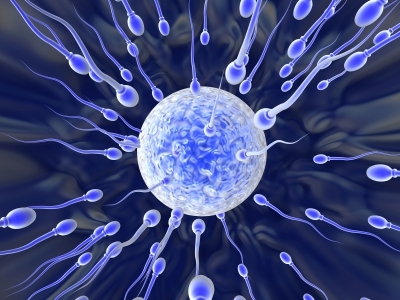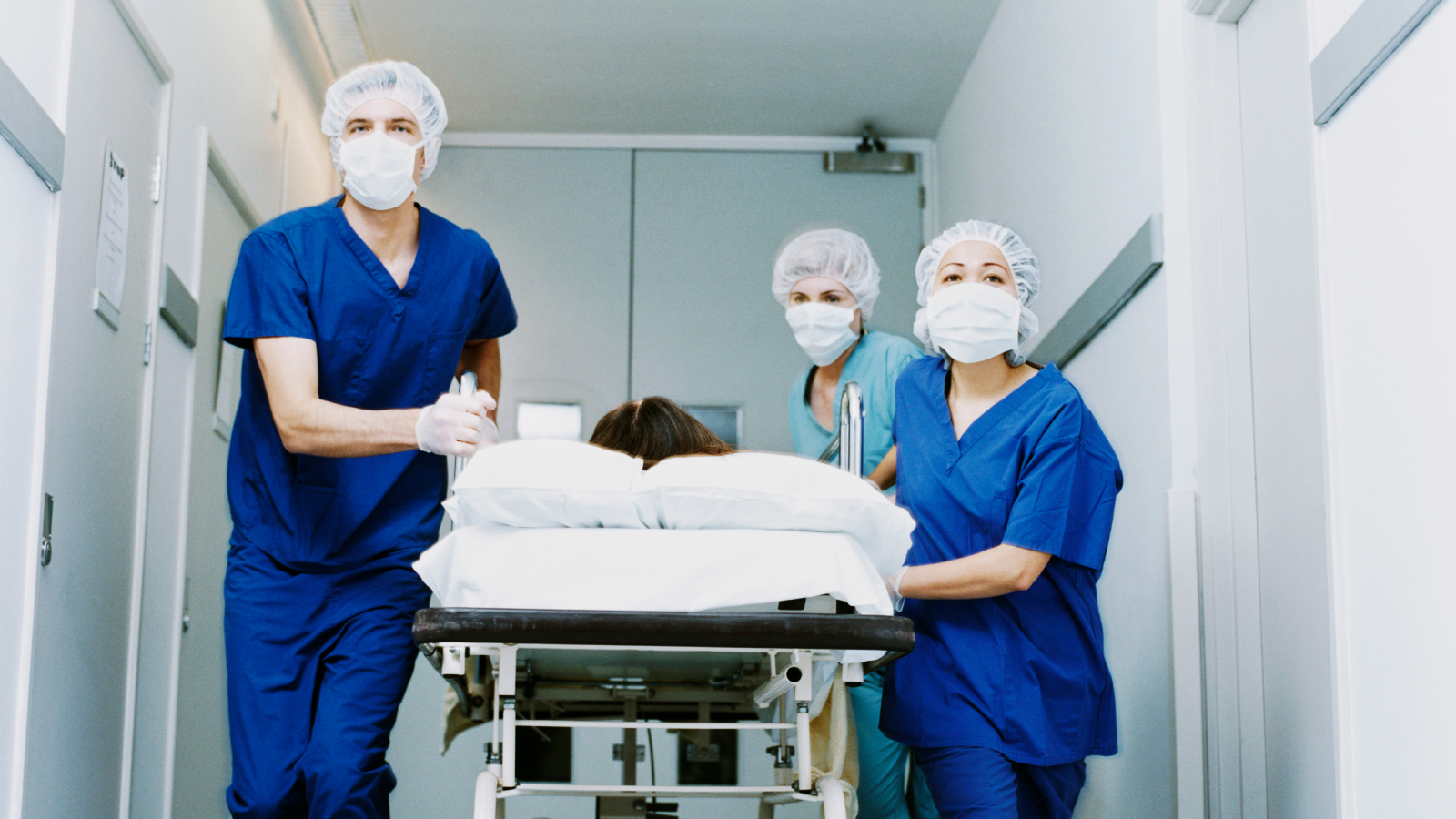Family Ties: Father-to-Son Sperm Donation Sparks Ethics Debate

After three years of trying to conceive, a married couple in the Netherlands in their early 30s learned they could not have a child because the husband produced no sperm. They did not want to use sperm donated from a stranger, partly because this would mean the child would not share genes with the husband's side of the family. But because the husband had no brothers to donate, the couple seemed at a loss on how to pass on his gene pool.
Then the couple thought of an unconventional solution: Use sperm from the husband's father. The child produced from this union of egg and sperm would have a "father" who was his biological half- brother, and a "grandfather" who was his biological father.
As all parties were comfortable with the decision, the couple went to a fertility clinic with their request. After much deliberation, including a discussion with the hospital ethics committee, the clinic eventually decided to honor the couple's wishes.
Though not common, donations of sperm, egg or womb from family members to couples trying to conceive are not technically illegal, and do happen. Such arrangements have potential advantages over using donations from strangers, but they bring their own set of complications, including potential confusion regarding who the child's parent is, say researchers who detail these complexities in a case report of the Netherlands' couple published online March 7 in the journal Human Reproduction. Experts have varying views on the issue, but most agree so-called intrafamilial assisted reproduction should not necessarily be banned, and can perhaps work in some circumstances. However, any couples who decided to enter this territory should tread carefully, say experts.
"I don’t know that laws should encompass forbidding intrafamilial donation," said Adrienne Asch, director of the Center for Ethics at Yeshiva University in New York City. But couples who request it "should be very carefully counseled about the psychological pitfalls that could await them," Asch said.
Ethical problems
Couples may turn to family members to assist with reproduction for many reasons. Some, like the couple in the Netherlands, want to have a genetic tie with their child. Others may wish to cut down on the time and money needed for the procedure, according to a position statement from the American Society for Reproductive Medicine (ASRM).
Get the world’s most fascinating discoveries delivered straight to your inbox.
However, one concern in these situations is that the person who donates will want to act as a parent to the child. In the case of the couple from the Netherlands, the "grandfather" may find it hard to resist inserting himself into the family, said Arthur Caplan, bioethicist at the University of Pennsylvania.
"I'm not saying it can't be done, I'm just saying it's ethically high-risk,"Caplan said.
Another concern is whether someone in the family is being manipulated or pressured to go along with the arrangement, the ASRM says.
"For example, a daughter may feel obligated to donate eggs or be a traditional surrogate to her remarried mother because she is still financially dependent on her or because her mother is especially controlling," the ASRM statement says.
Through counseling sessions with the couple from the Netherlands and the soon-to-be grandfather and grandmother, the researchers concluded that everyone seemed to have made their own, deliberate decision. In addition, the few reports on father-to-son sperm donation indicate grandfathers perceive the donation as a gift.
But even the most rosy-looking situations could turn disastrous. Couples and the family involved can't predict how they will feel in the future, Asch said.
"The conditions that exist in this family in this article seem the best that can be imagined," Asch said. "But that doesn’t mean it's going to be a good outcome. You never know whether you're going to have a good outcome."
Others may view the atypical conception as taboo, something that, along with other factors in the unconventional family setup, may negatively affect the child's quality of life, causing emotional problems or identity confusion, the researchers say.
Some experts say the emotional toll on the child is too great to justify the procedure. "The notion that this child's grandfather would be his biological father is just too bizarre for the child's sake," said George Annas, chair of the Department of Health Law, Bioethics & Human Rights at Boston University School of Public Health. "Family relationships are confused enough as they are when they're not intergenerational," Annas said.
Laws and regulations
While the ASRM says intrafamilial assisted reproduction is "generally ethically acceptable," in some situations, the organization says it should be prohibited — mainly, in cases in which the egg and sperm come from close relatives, as would occur in incest. For instance, the ASRM says donations of eggs from a woman to her sister-in-law should be prohibited, as should donations of sperm from a brother to a sister. A father should also not donate sperm to his daughter if her husband is infertile. In the case of father-to-son donation, the ASRM discourages use of sperm from men over 40, as use of sperm from older men increases the chance the baby will have a genetic defect.
Because there are hardly any laws regulating assisted reproduction, it's up to the clinics themselves to enforce these policies. But if physicians are going to act irresponsibly, as Annas believes the researchers in the Netherlands did, then more laws may be needed, Annas said.
The best way forward is not to change the law piece by piece — that is, by having one law that deals with family sperm or egg donors and another that deals with surrogacy, and so on, Asch said. Regulations should come only after legislators have reviewed the whole topic of assisted reproduction so that broad, overarching changes can be made, Asch said.
The couple in the Netherlands has recently begun the preparations for the in vitro fertilization procedure, the researchers, from the University Medical Center Utrecht, said.
Pass it on: Intrafamilial assisted reproduction may work in some circumstances, but all family members should be screened and counseled before a decision is made, experts say.
Follow MyHealthNewsDaily staff writer Rachael Rettner on Twitter @RachaelRettner. Find us on Facebook.

Rachael is a Live Science contributor, and was a former channel editor and senior writer for Live Science between 2010 and 2022. She has a master's degree in journalism from New York University's Science, Health and Environmental Reporting Program. She also holds a B.S. in molecular biology and an M.S. in biology from the University of California, San Diego. Her work has appeared in Scienceline, The Washington Post and Scientific American.


